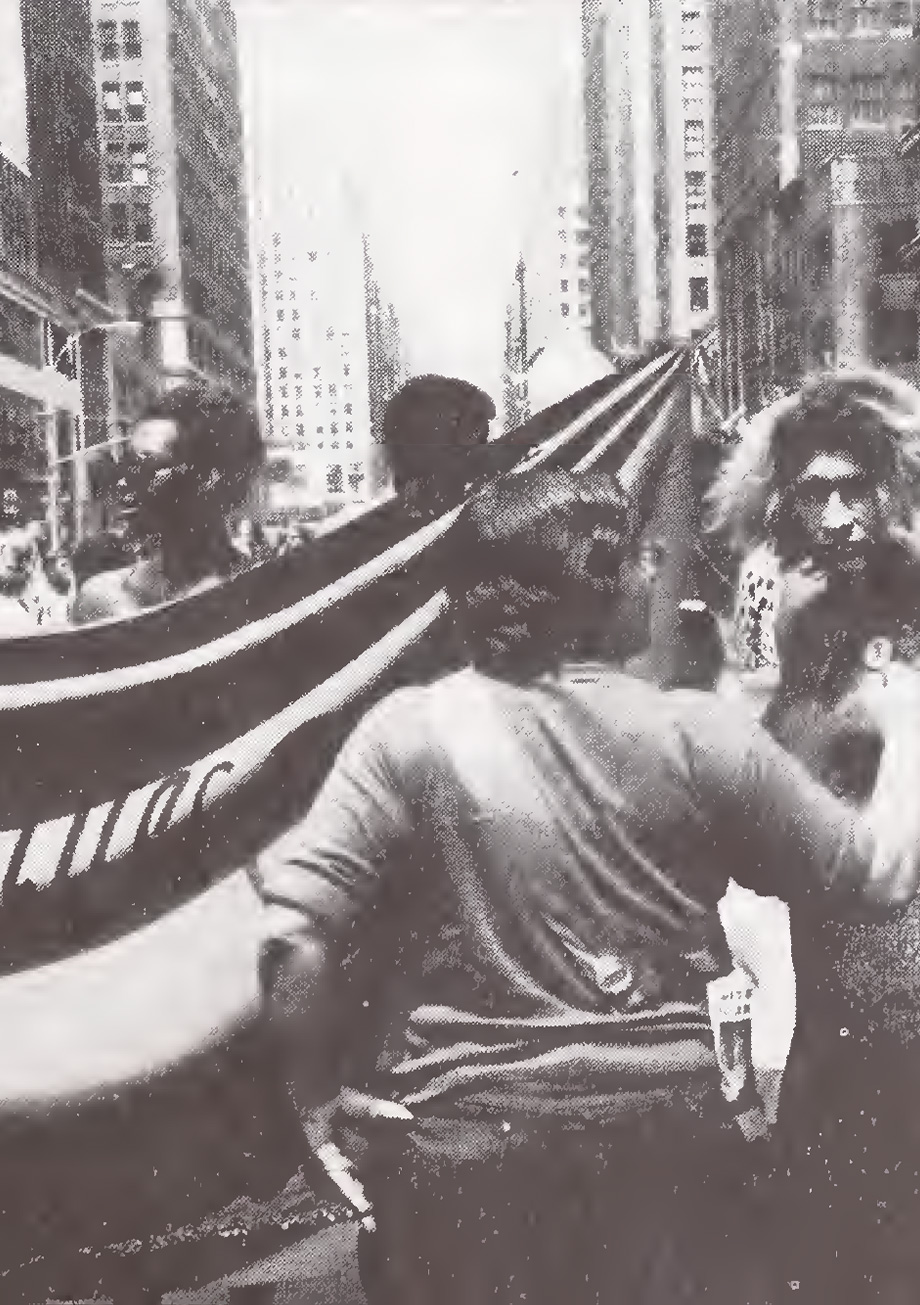- L’école
- Formations et recherche
- BACHELOR
- MASTER
- DOCTORAT
- RECHERCHE
- TRANSVERSALITÉ
- POOLS
- FORMATION CONTINUE
- Formation continue 2025-2026
- Animation image par image
- Creative coding
- Engager le dessin
- Intelligence artificielle, initiation
- Intelligence artificielle, avancé
- Intelligence artificielle open source, ComfyUI
- Modélisation d’expositions en 3D
- Modélisation 3D, Blender
- Numérisation par nuage de points
- Podcast documentaire
- Serious games /Jeux sérieux
- Espace étudiant
- Etudier à la HEAD
- Vivre à Genève
- Taxes et bourses d'études
- Bibliothèque
- Règlements et directives
- Projets
- Evénements
- Presse
- Partenaires et prix
- Partenaires
- Prix de nos partenaires remis à l'école
TRANS HIRSTORY & ART PROGRAMME
Master symposium
Mercredi 27 mars 2024, de 09h00 à 18h00
Jeudi 28 mars 2024, de 09h00 à 16h00
Auditorium du Musée d’Art et d’Histoire
Rue Charles-Galland 2
1206 Genève
Conference organised by Clovis Maillet ( HEAD, Genève), Ruby Faure (LEGS, Université Paris 8) Karl Ponthieux Stern( Concordia University)
With the support of Centre Maurice Chalumeau en sciences des sexualités de l'Université de Genève (CMCSS)
Entrée libre en fonction des disponbilités.
Accès à distance sur demande par email : faure.ruby@gmail.com
The event aims to create spaces for a plurality of approaches towards trans history, trans archives, and connections with the past, that make and unmake trans subjectivities and contemporary trans struggles. It borrows its name from a neologism, used by the artist Chris Vargas, “trans hirstory,” as an addendum to the feminist project of “herstory.” All too often, the past has been transformed into an hegemonic narrative that disqualifies the mere possibility of gender variant lives (Hacke, 2023). Archives submitted to a series of curation and indexing choices gradually converge towards the highlighting of lives conforming to current norms and standards. Scholars of queer and subaltern studies have learned to read between the lines of normative documents, and to reveal what was once present and is now silenced. While a struggle against erasure is a never-ending one, it seems that gender-variance and queer sexualities were too present to go unnoticed (Feinberg, 1996).
The conference showcases the numerous perspectives that converge in the field of Trans Studies and aims to question the construction of transness as an allegedly new topic. While publications in the field of trans history have been growing in prominence over the past years, in the field of Medieval History (Gutt and Spencer Hall 2021, Klossowska 2021, Maillet 2020), and history of the 19th and 20th century (Heaney 2017, Manion 2022, Riley Snorton 2021), the links between anglophone historical research and francophone studies are still lacking. The conference will highlight the different perspectives on trans history, emphasizing the role of trans communities, social movements, and political struggles (Meyerowitz 1980, Stryker 2008), as well as decentering the hegemony of western and colonial epistemologies (Peterson, 2018, Cases Rebelles, 2021)
A few artists developed their projects around the construction of alternative queer and trans history, using archives and reempowering them (Yuki Kihara, Paradise Camp, Chris Vargas, Museum of Trans Hirstory and Art). While queer and trans studies have a common ground, some exhibitions and catalogues may have blurred sexualities and gender categories, including different approches to sex and gender (Honoré 2019, Smith & Piton 2021). But the multiple contradictions that are in contrast with this increased visibility have also been addressed in a critical manner, in the context of increasing systemic violences, especially towards transwomen of color and trans sex workers (Gosset et al. 2017).
Get the full programme here.
Conference organised by Clovis Maillet (HEAD Genève), Ruby Faure (LEGS, Université Paris 8) and Karl Ponthieux Stern (Concordia University)
Key note speaker : Riley Snorton
With the support of Centre Centre Maurice Chalumeau en Sciences des Sexualités (CMCSS-UNIGE).

Drag, the International Tranvestite Quaterly, vol. 3 n°11, 1973
© HEAD – Genève
© HEAD – Genève
